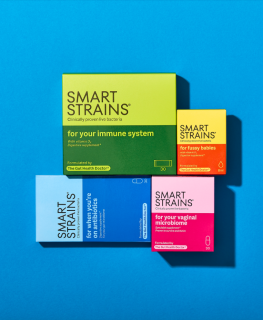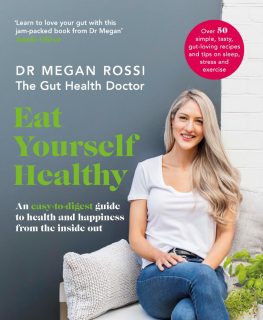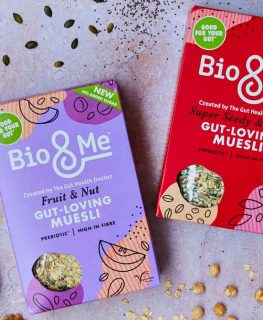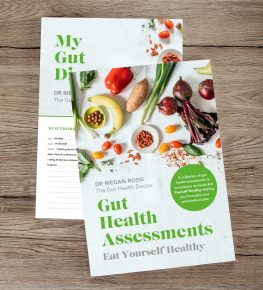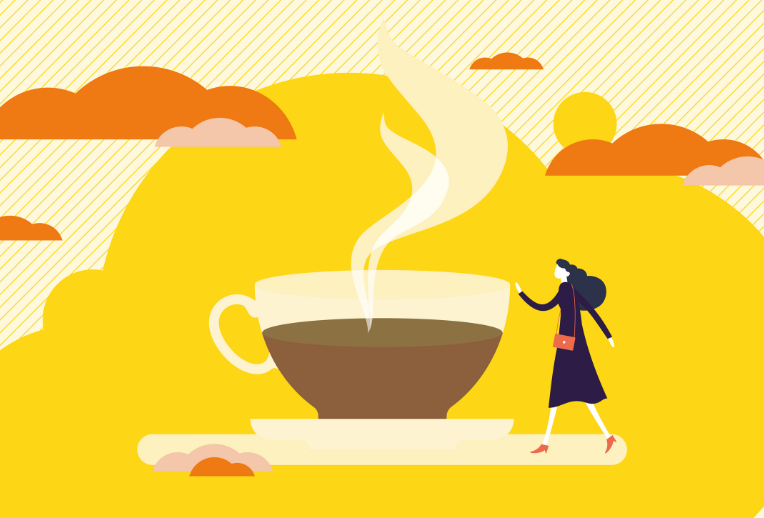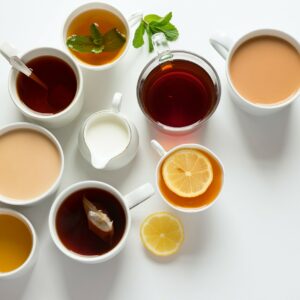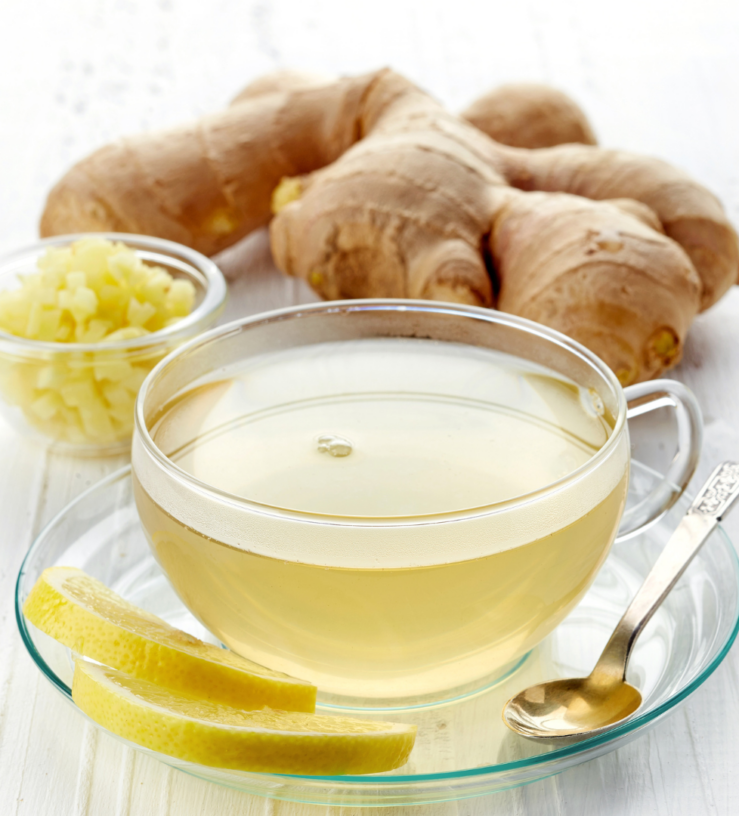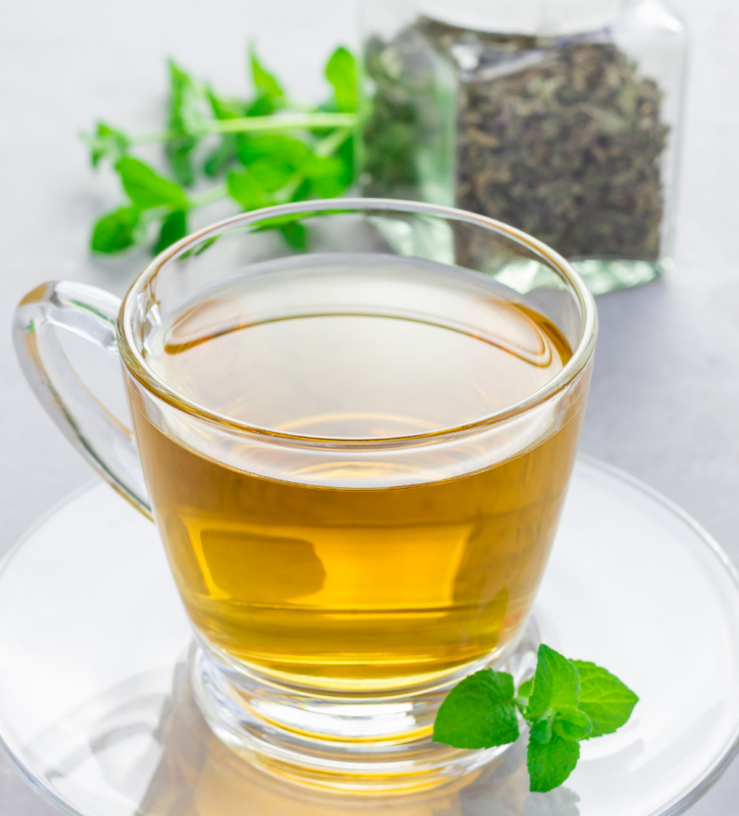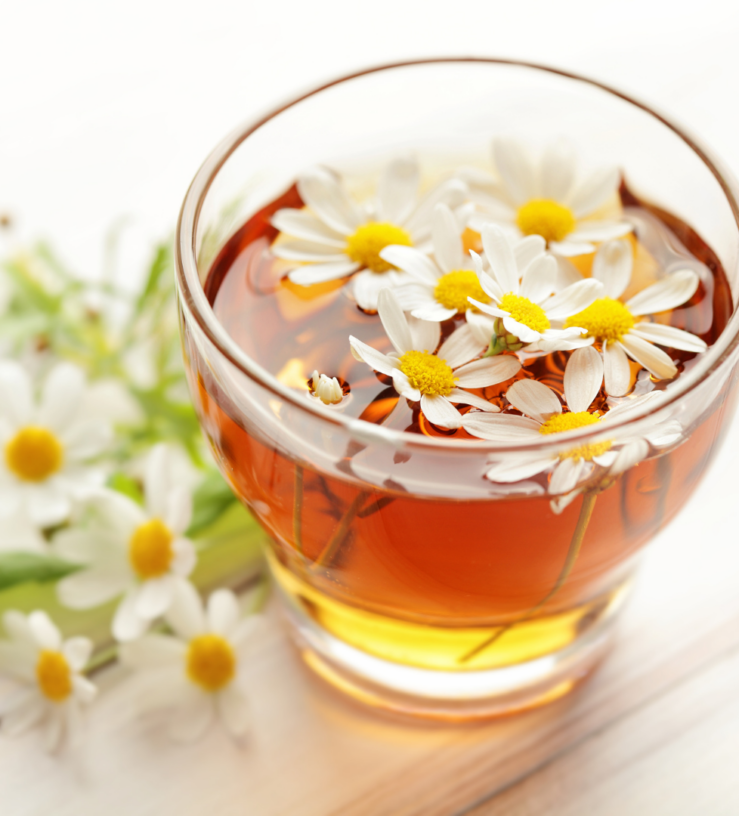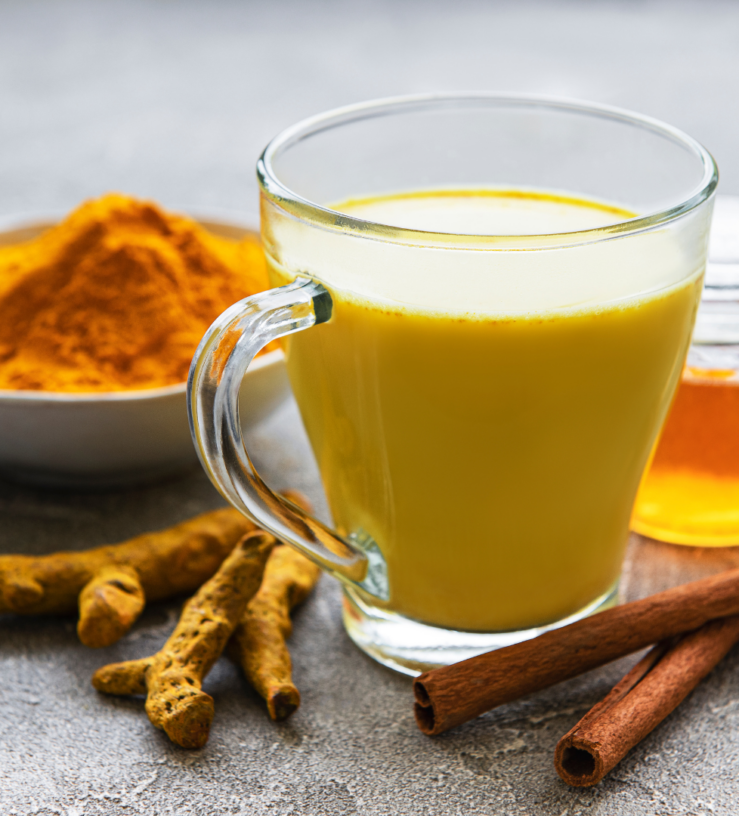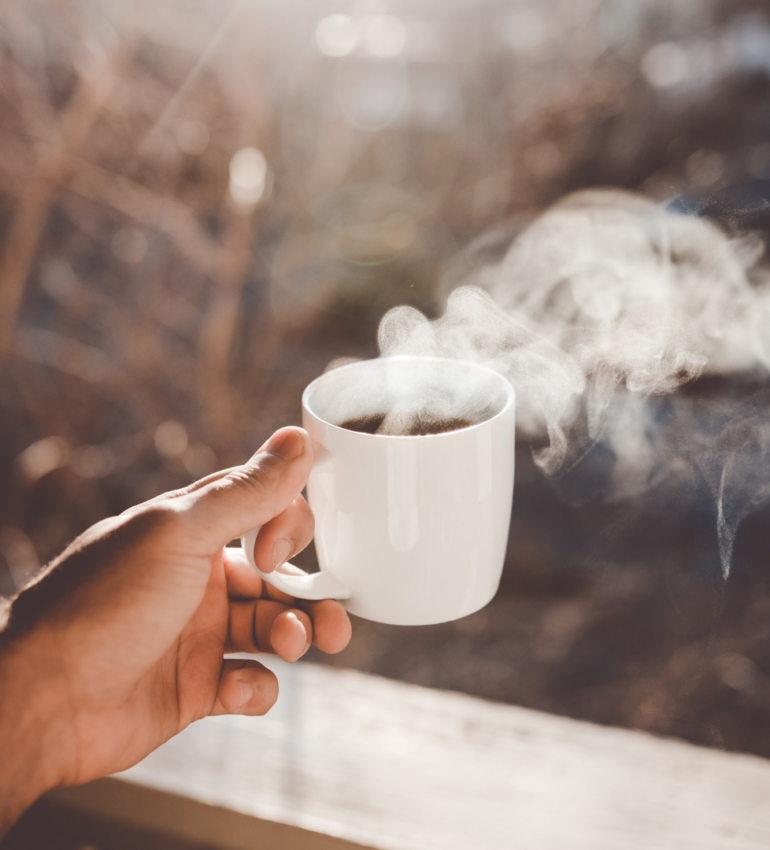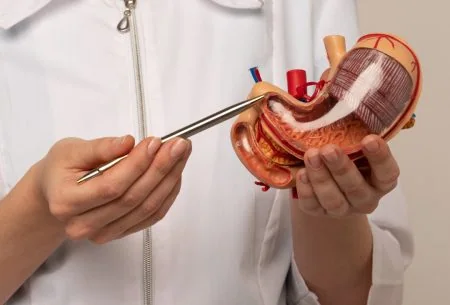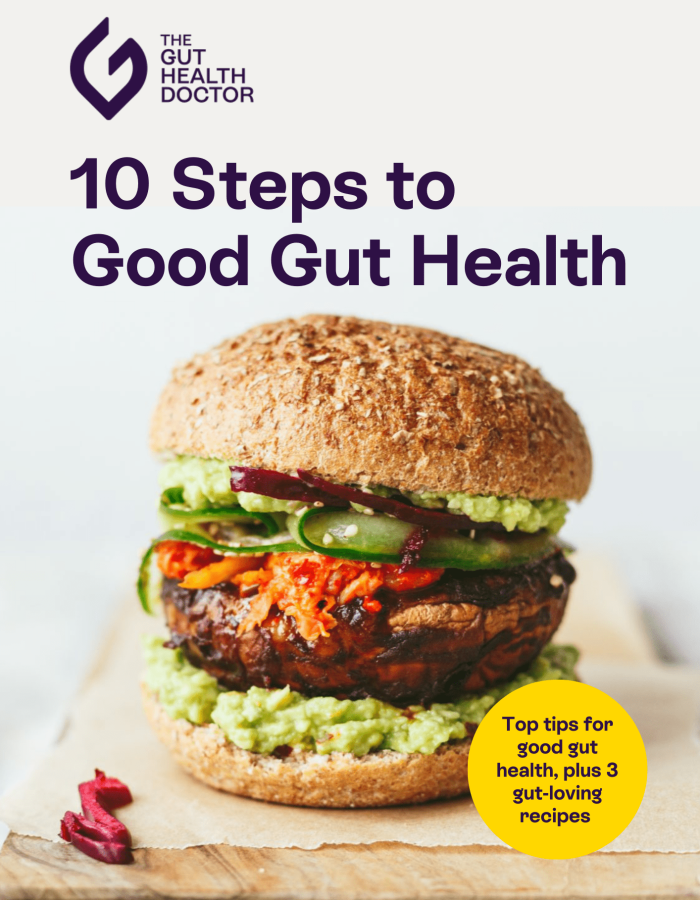Who doesn’t love a brew but is tea good for you? For many, especially Brits, it can play a pivotal role throughout the day… when looking for some comfort, a pick-me-up or even to wind down before bed. But, not many people think of a standard cup of tea as a health food. Many assume that you need to switch to an overpriced, exotic herbal brew if you’re looking to make some positive, healthy changes.
Thankfully exciting new research has revealed some hidden science to provide a new take on the question: is tea good for you?
